
Also attending were Deputy Head of the Government Office Nguyen Sy Hiep; Deputy Minister of Science and Technology Le Xuan Dinh; Deputy Minister of Education and Training Nguyen Van Phuc; Deputy Minister of Finance Le Tan Can; and leaders of central ministries and branches.

Before starting the working session, the Government delegation visited the traditional room, systems, production lines and grasped the operational situation of the Nuclear Research Institute.

According to the report at the meeting, in 2024, the Nuclear Reactor will complete 40 years of safe operation and effective exploitation. The main objectives of the Reactor are sample irradiation for radioactive isotope production, sample analysis using neutron stimulation techniques, research on nuclear physics, reactor physics and human resource training, etc., which are all continuously maintained and increasingly expanded.

Currently, the facilities of the Nuclear Research Institute include a 500 kW research reactor, two Co-60 radioactive sources, radioactive isotope production lines and solid and liquid radioactive processing systems, with 180 staff members and workers.


Over the past 40 years, the Nuclear Research Institute has successfully mastered the technology of operating nuclear reactors, achieving more than 71,500 hours of safe operation, serving scientific research and the production of radioactive pharmaceuticals. The conversion of fuel from highly enriched (HEU) to low enriched (LEU) has been successfully carried out, contributing to improving the safety and operational efficiency of the reactor.

In nuclear physics research, the Institute has built many high-quality measurement systems and put into use the reactor's horizontal channels to serve research work. The nuclear reactor is one of the few in the world that applies neutron filtering technology to serve experimental research, and also contributes to the international nuclear data library.
The Institute has completed the production process of many radioactive isotopes such as I-131 and Tc-99m, meeting domestic medical needs and reducing dependence on imports. Some of the Institute's products have been recognized with the title of Vietnamese Medicine Star. The Institute is also conducting research on a number of new radioactive isotopes to meet the increasing demand.


The Nuclear Research Institute will build itself into a multidisciplinary, high-level scientific and technological organization in the Asia-Pacific region, while defining the Institute's role and responsibility in the new era, the era of national growth.

Speaking at the meeting, Deputy Prime Minister Bui Thanh Son acknowledged, praised and highly appreciated the silent contributions of scientists in the nuclear field. Notable among them were the contributions and applications of nuclear technology in the fields of agriculture, environment, health, etc.

The Deputy Prime Minister emphasized that the National Assembly has recently passed the Law on Atomic Energy (amended), along with the Project on Training and Fostering Human Resources for Nuclear Power Development to 2035 under Decision No. 1012/QD-TTg dated May 26, 2025... in combination with Resolution 57 of the Politburo, creating a strong impetus with practical application, strategic vision, and long-term development breakthrough orientation. Thereby, making practical contributions to the country's development.
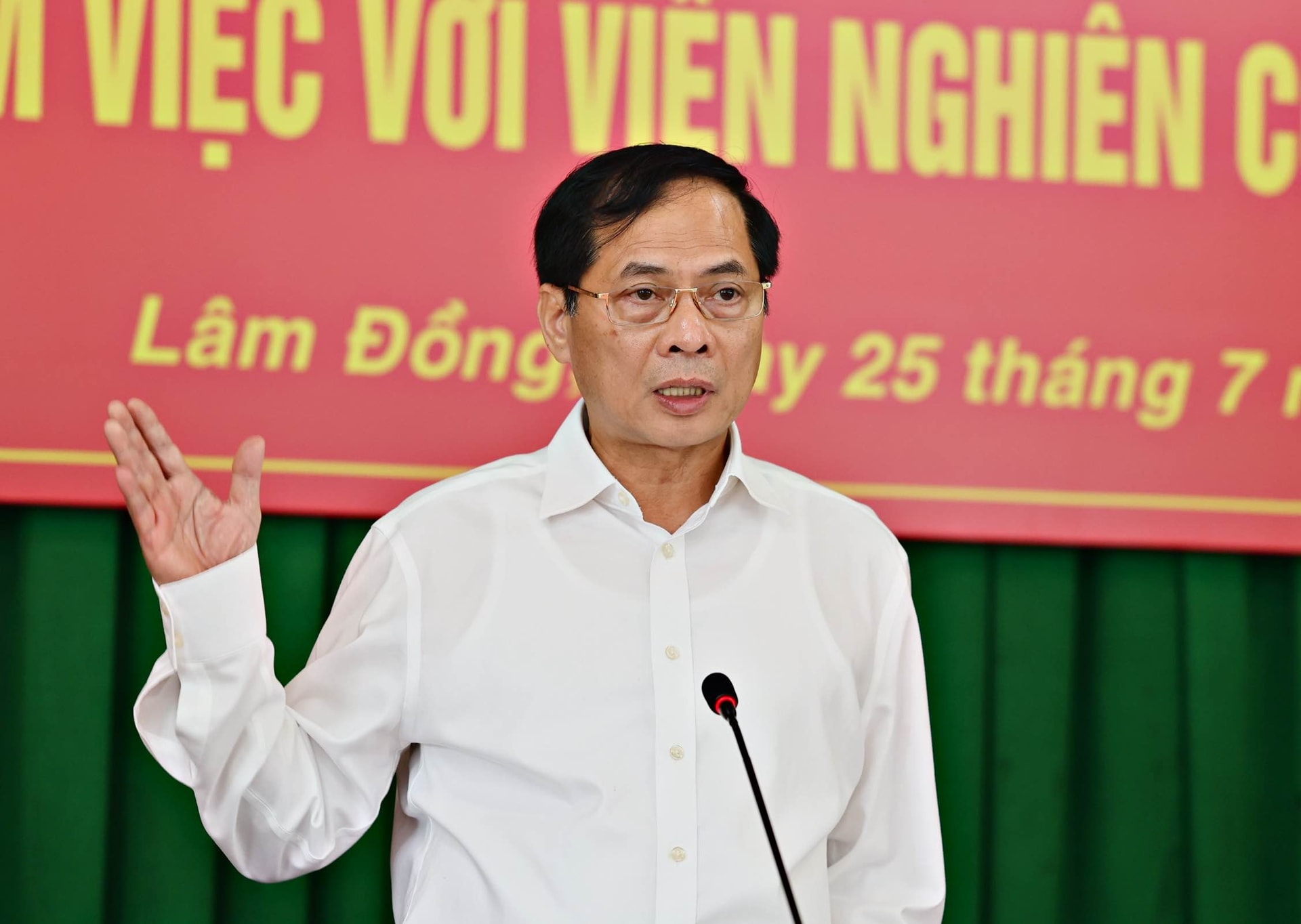
Faced with that opportunity, the Deputy Prime Minister requested that the Nuclear Research Institute continue to effectively exploit its infrastructure and enhance its role and position in the region and the world.
In particular, the Nuclear Research Institute needs to pay attention to human resource training, mastering core technology in research and application of nuclear technology and nuclear power for the country's atomic energy sector.
Deputy Prime Minister Bui Thanh Son

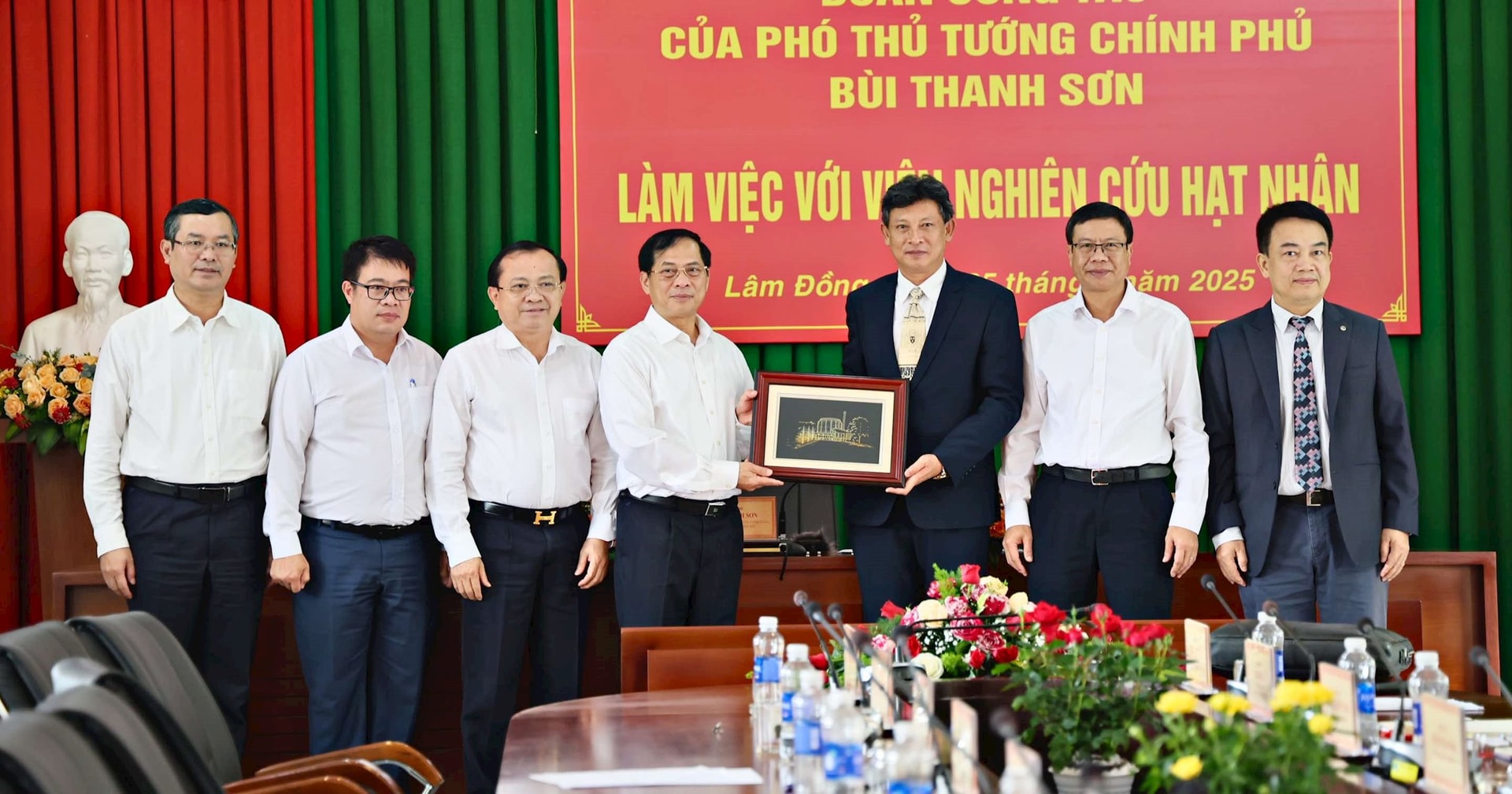


.jpg)
Source: https://baolamdong.vn/pho-thu-tuong-bui-thanh-son-lam-viec-voi-lanh-dao-vien-nghien-cuu-nhat-nhan-tai-lam-dong-383684.html


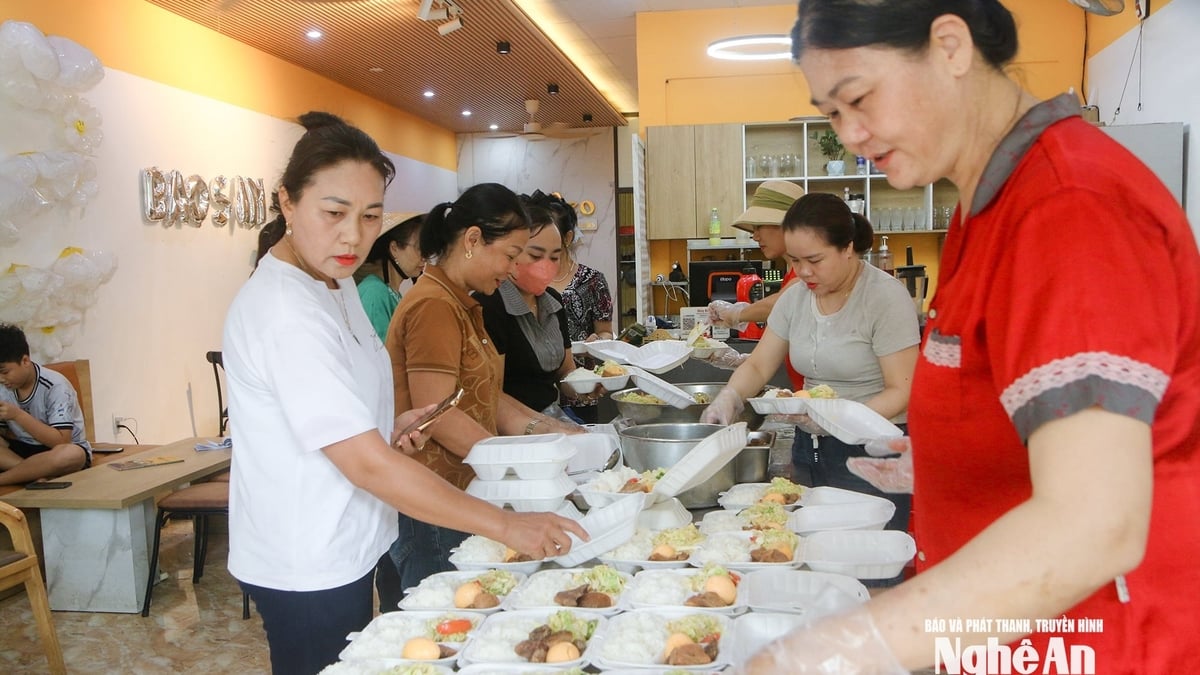
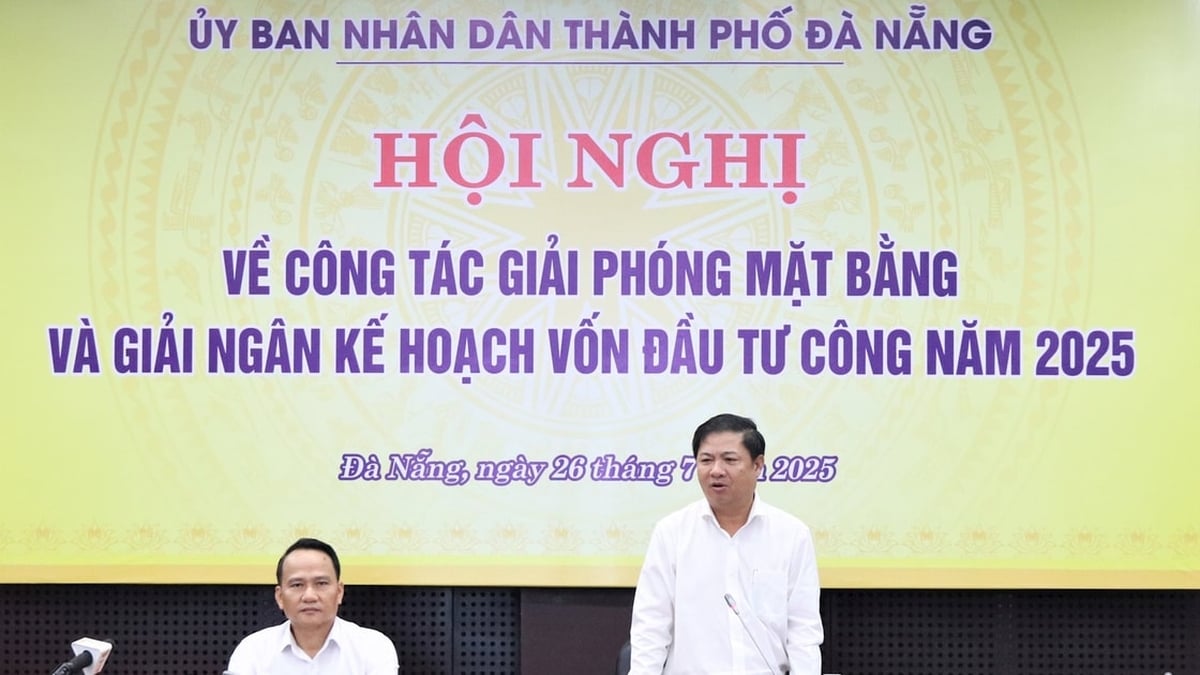

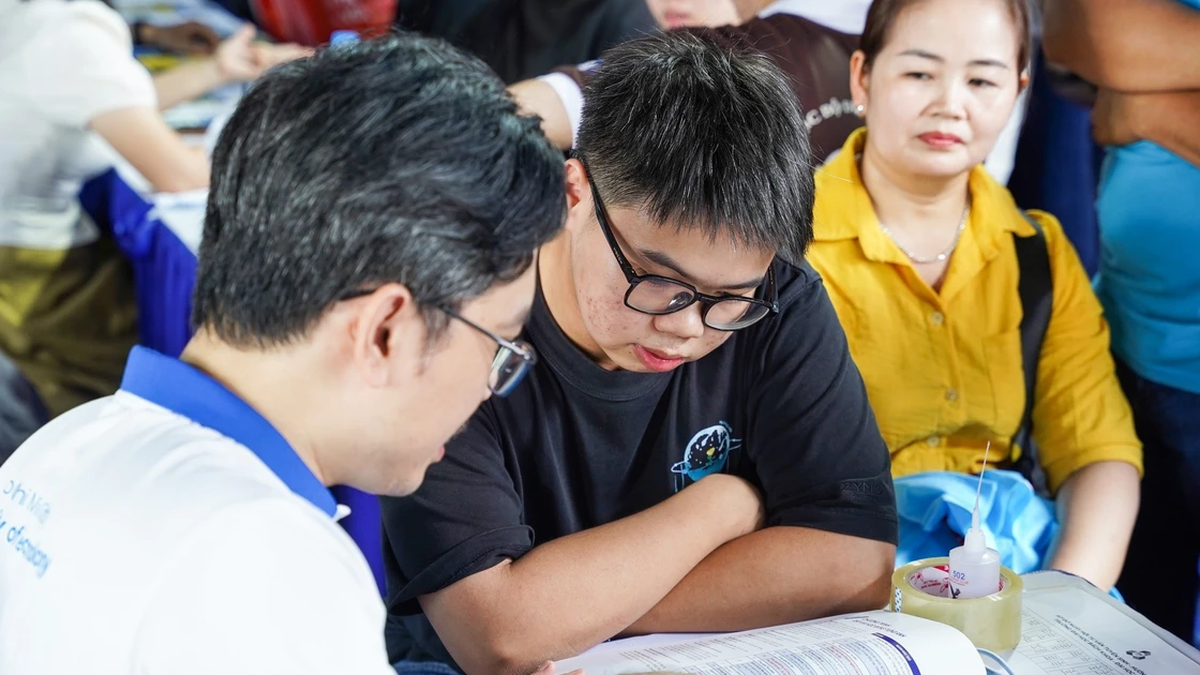


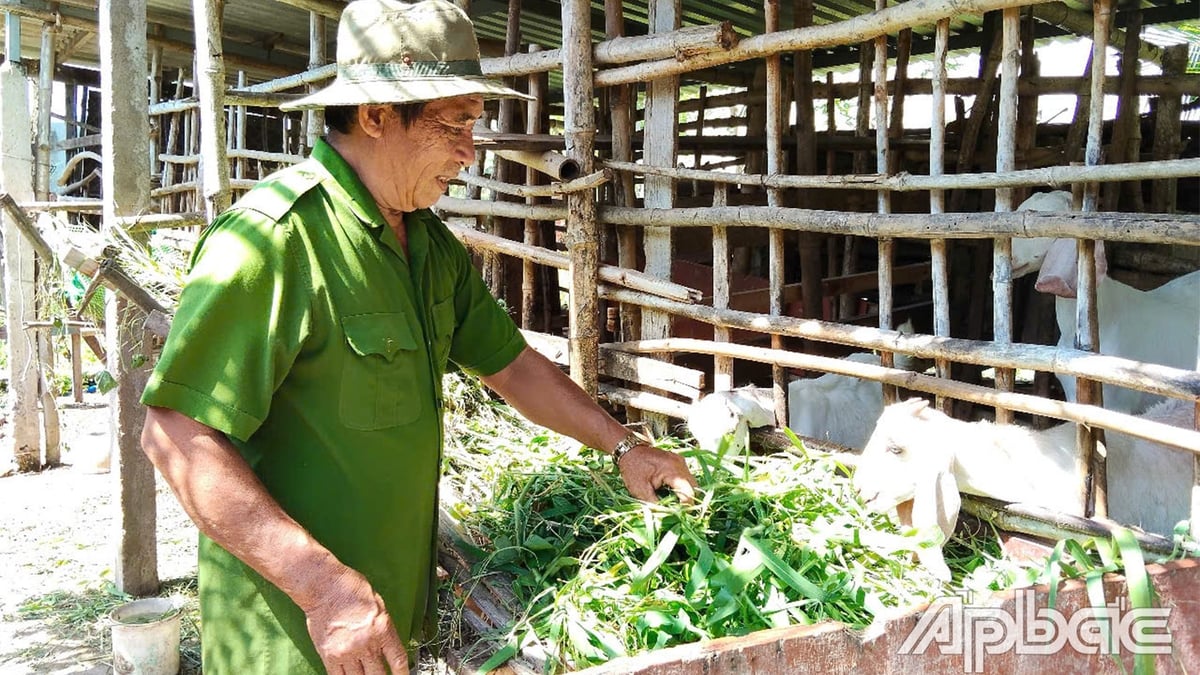













![[Photo] Signing of cooperation between ministries, branches and localities of Vietnam and Senegal](https://vphoto.vietnam.vn/thumb/1200x675/vietnam/resource/IMAGE/2025/7/24/6147c654b0ae4f2793188e982e272651)







































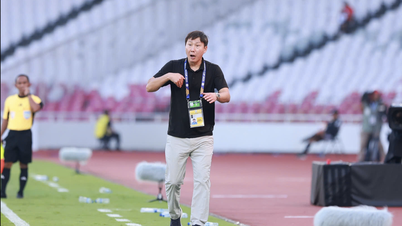






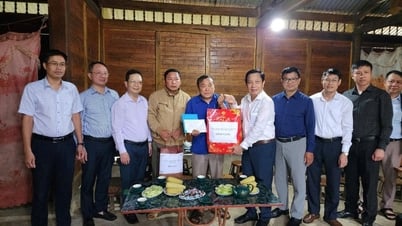

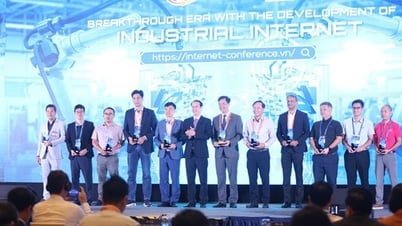

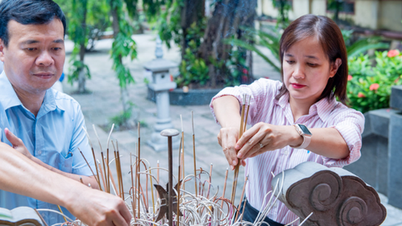
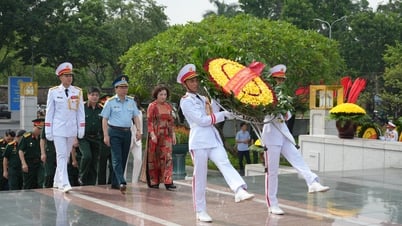
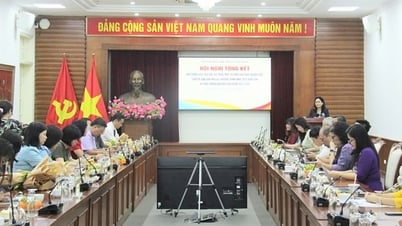

























Comment (0)